It’s not funny, but is it clever? With Dalton Philips finally unleashing the proverbial bazooka this week, Morrisons is certainly going to be cheaper, with 1,200 lines (many of them KVIs) cut in price. That’s almost as many lines as the limited assortments of Aldi and Lidl - though whether they’ve been as carefully and strategically selected as the ranges of the so-called LADs remains to be seen.
“Morrisons has finally unleashed its bazooka - but I still don’t see how profits will somehow magically recover”
Adam Leyland, Editor
We are also yet to fully examine the extent of the price cuts as the complete list of items on a new mysupermarket price comparison microsite were still unavailable as The Grocer was going to press. One thing immediately apparent from the 13 examples supplied in the press release, however, was that the ‘transparency’ and ‘trust’ it’s looking to rebuild will have to be learnt (and earnt): the price of Huggies has not been reduced from £2.49 to £1, for example; since the start of the year, Morrisons has altered the price six times, between £2.49 and £0.83, via the various yoyo-ing price promotions in which Morrisons (and its customers) have been caught up. Mind you, Tesco is no better. The price of Huggies has ranged from £0.86 to £2.59 - an even greater swing - and changed price seven times. Meanwhile, over this entire period, the Asda price has remained £1.
Indeed, of the 13 examples supplied, the vast majority simply enabled Morrisons either to achieve parity with its big four rivals or near as dammit (a one pence differential). Only in the case of the 30m baking foil, at £1.99, was Morrisons significantly cheaper than its big four rivals (Asda was closest at £3). And in the case of the Napolina Chopped Tomatoes, Diet Coke 8-pack, and Stella Artois 15-pack, at least one rival was actually cheaper. Still, even if the 17% average saving it is quoting involves a little artistic licence, the decision to select specific and named lines in such quantity for ‘permanent’ base price reductions suggests a clear escalation in the supermarket price war. Or, to put it another way, the tokenist price cuts introduced in March have bought the Morrisons executive team time to put some flesh on the bones of its latest, hastily born strategy
But it raises more questions than it answers. Will it revive the fortunes of Morrisons? How will rivals react? Does this neuter the threat from the discounters? What part will suppliers play in the Morrisons gameplan? (A supplier would be mad to invest on the assumption this will deliver actual growth.)
For the City this price war has been classified as a race to the bottom. It’s hard not to disagree. I can see how this price war materially rebases the Morrisons margin (and drags others down with it). The bit I don’t follow in the Morrisons masterplan is how profits will somehow, magically, recover at some point down the line - without putting prices up again, or cutting fixed cost overheads (ie staff) significantly. And that would surely spell the end of the costly (and currently underutilised) Market Street concept.







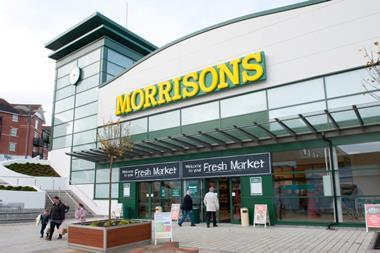
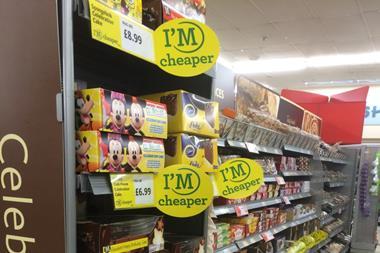
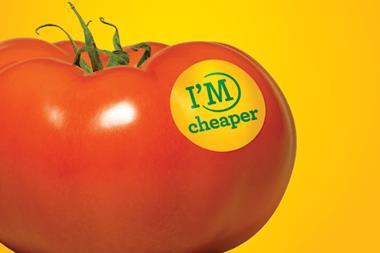
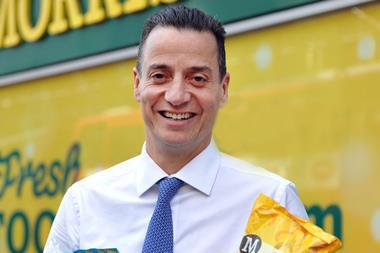
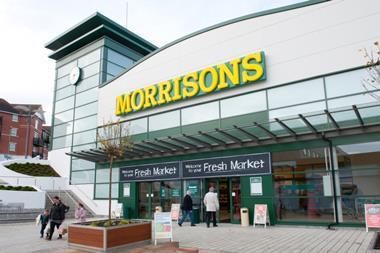





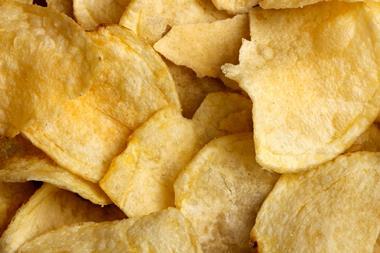
1 Readers' comment